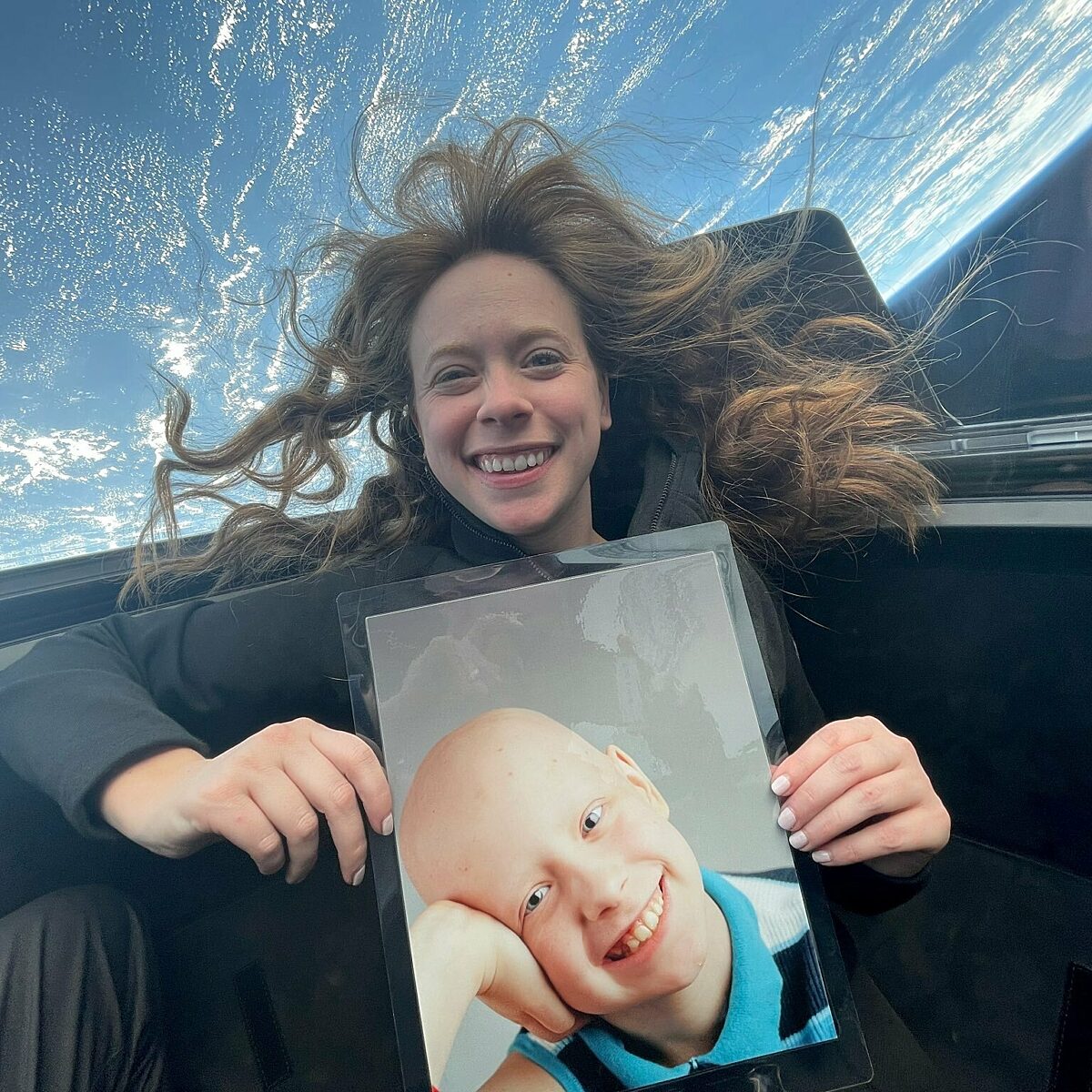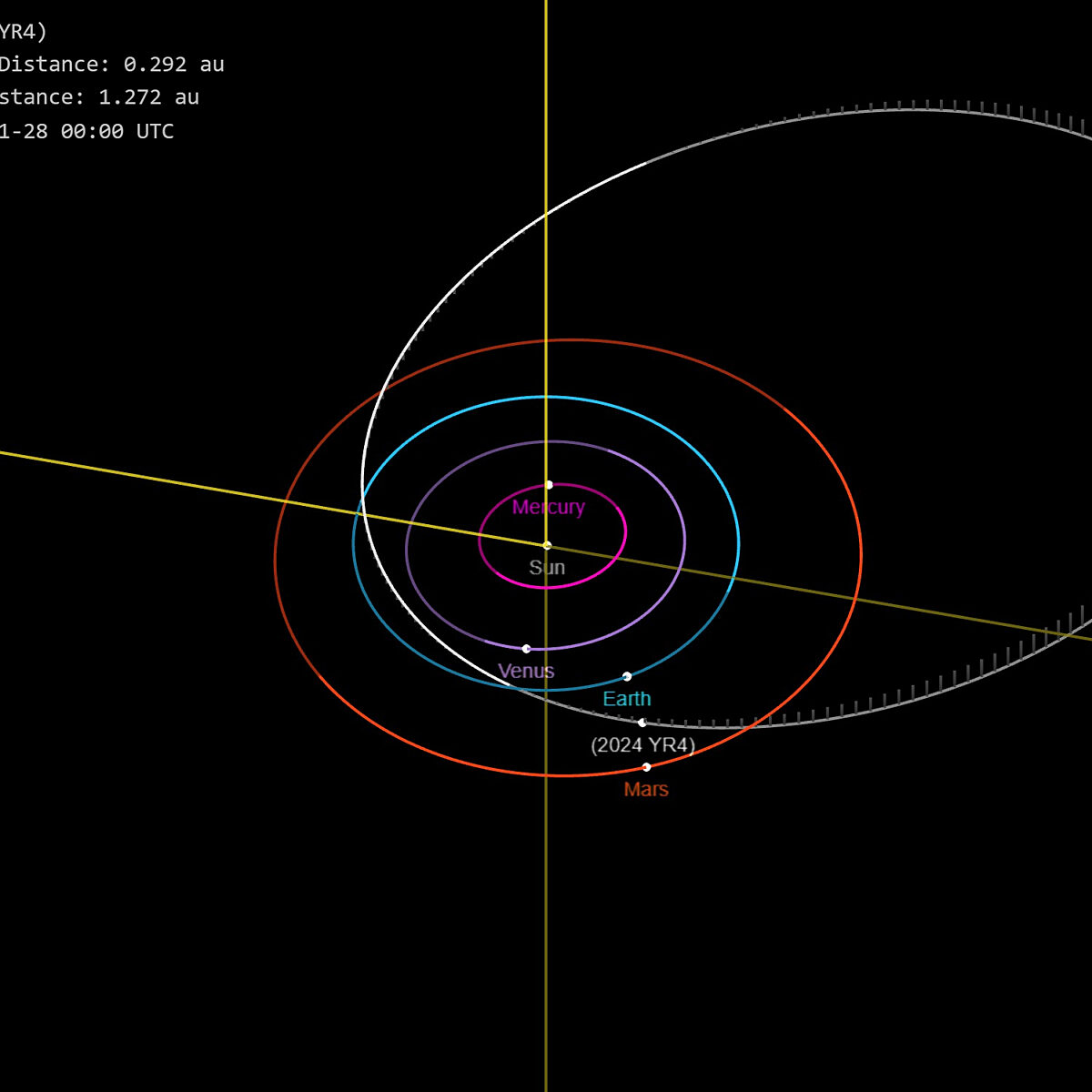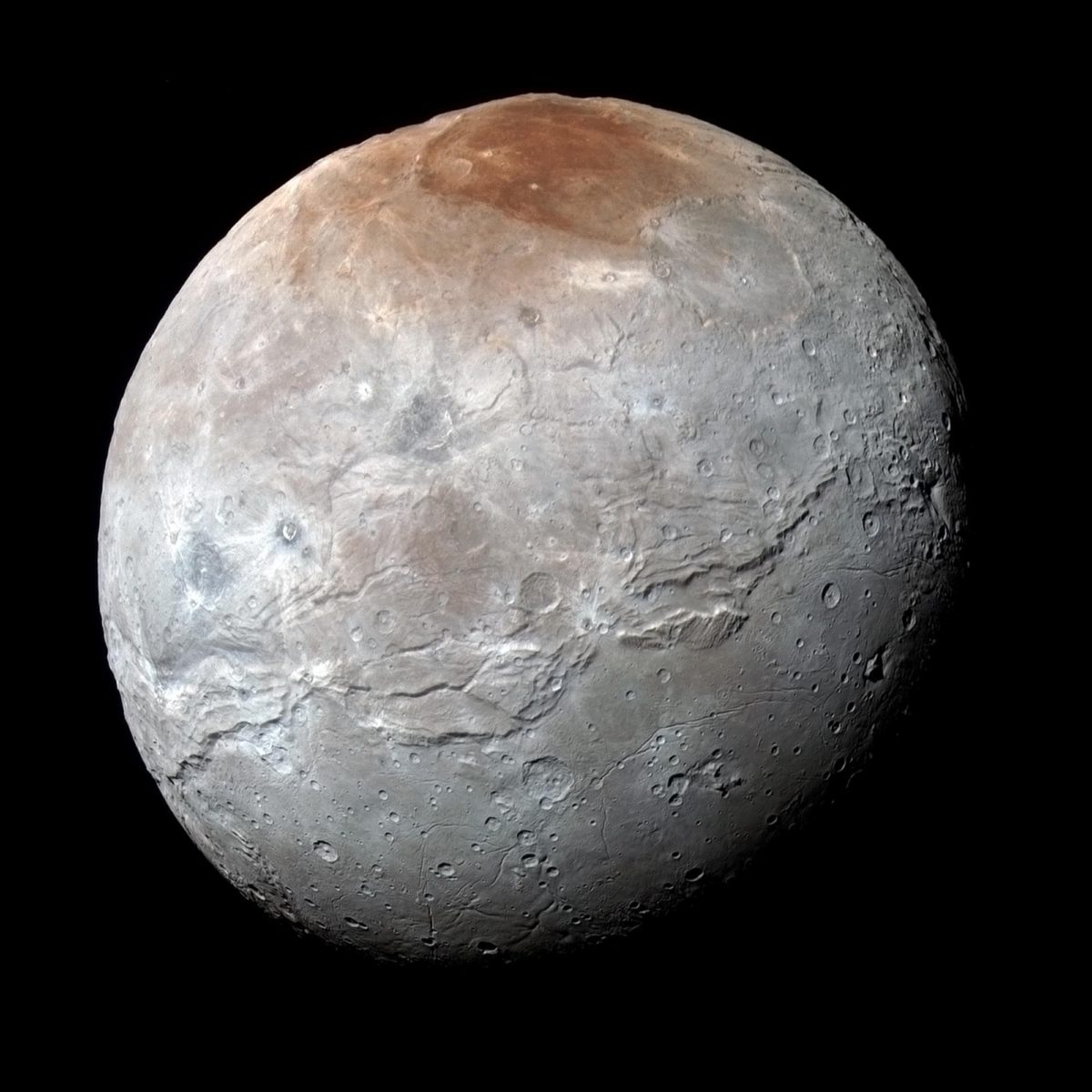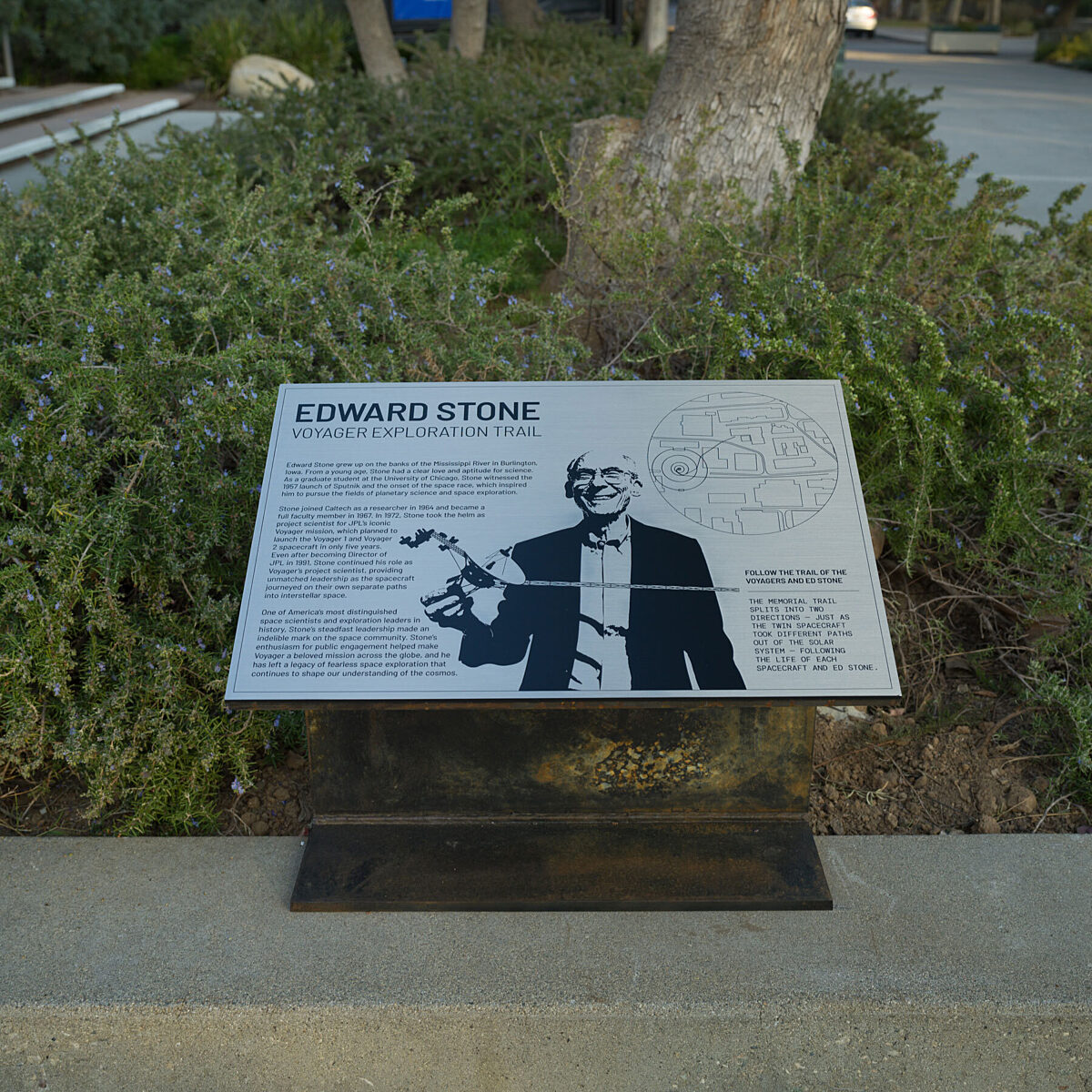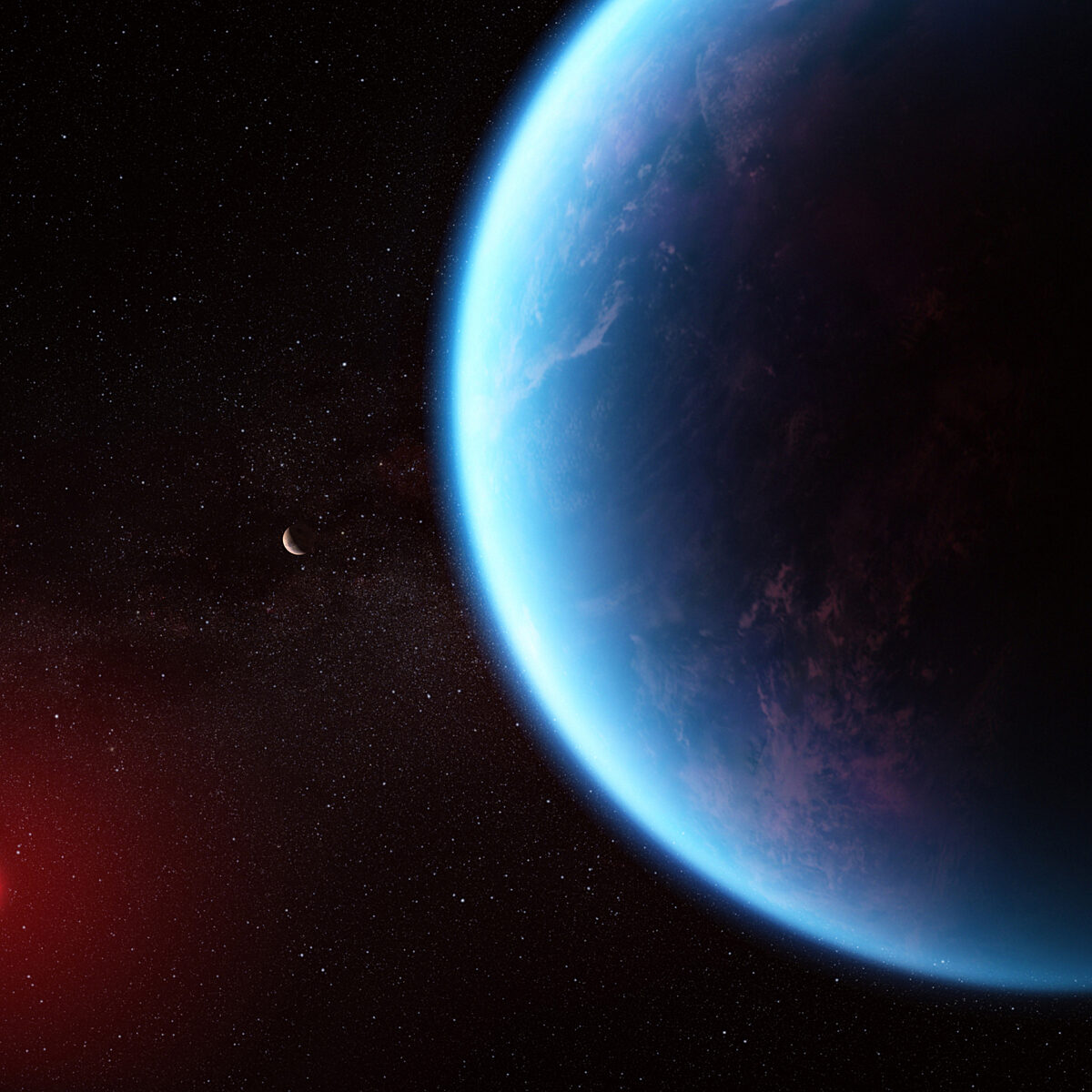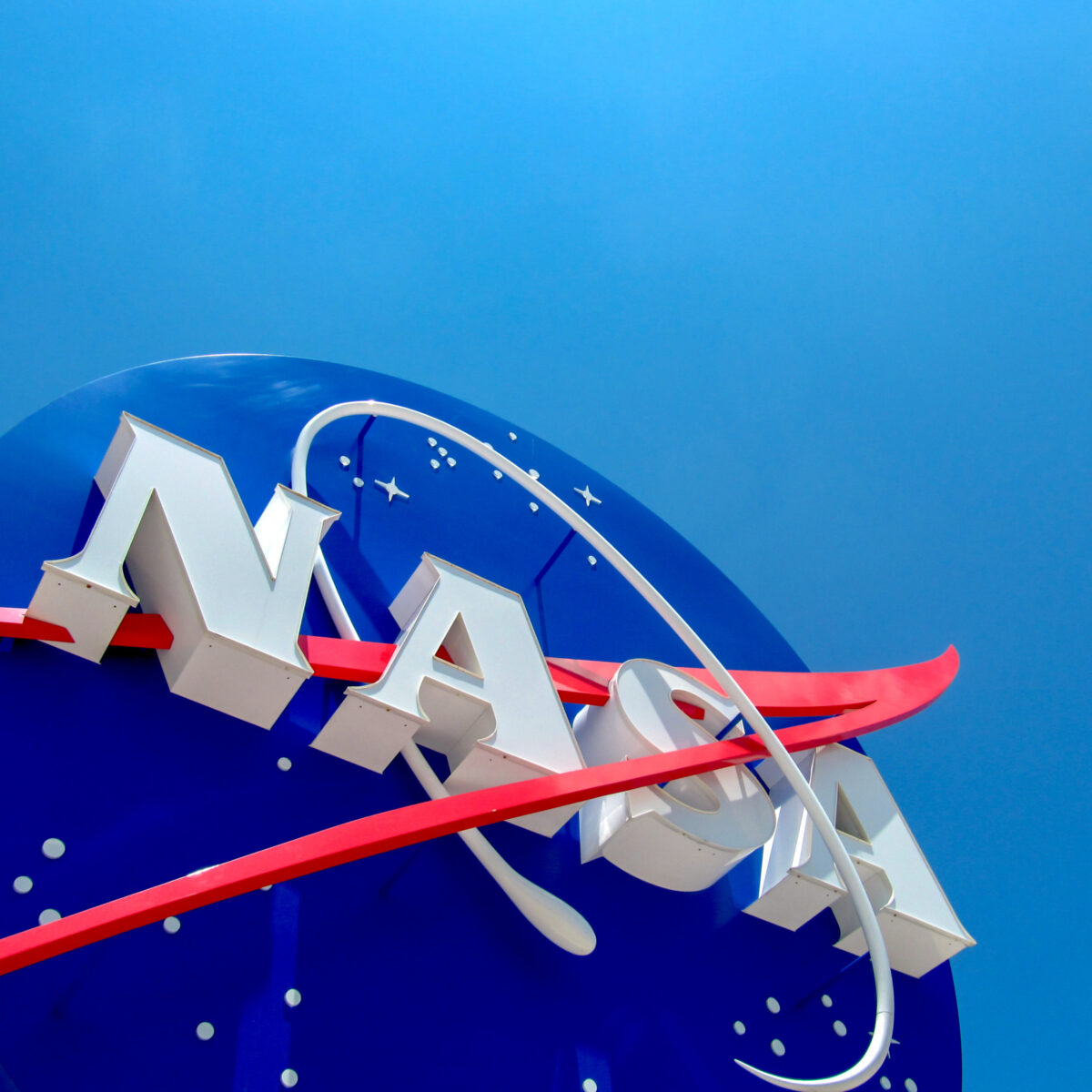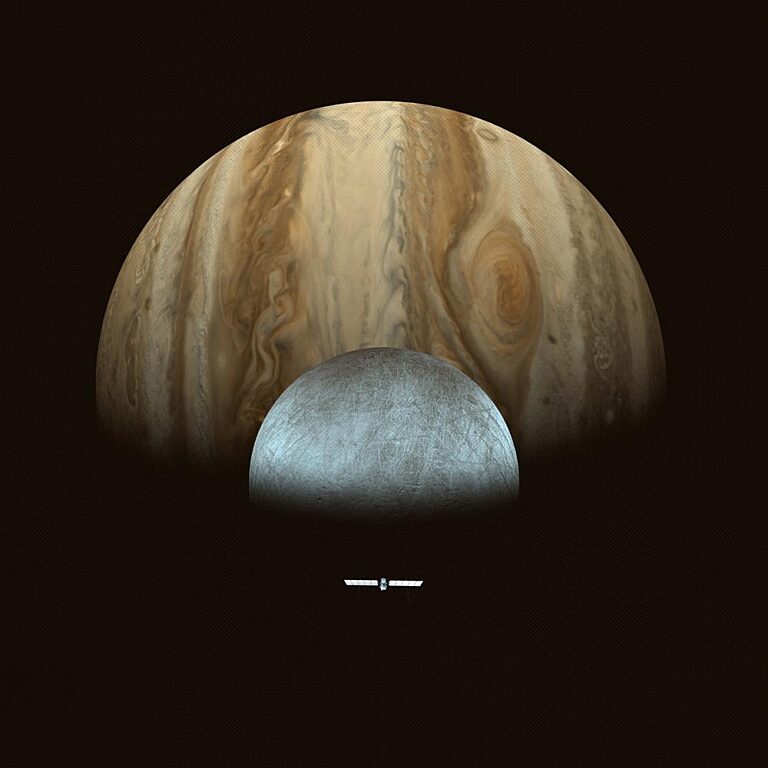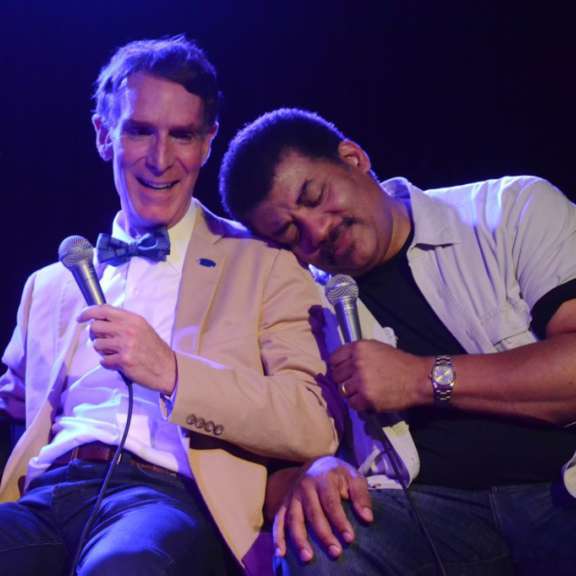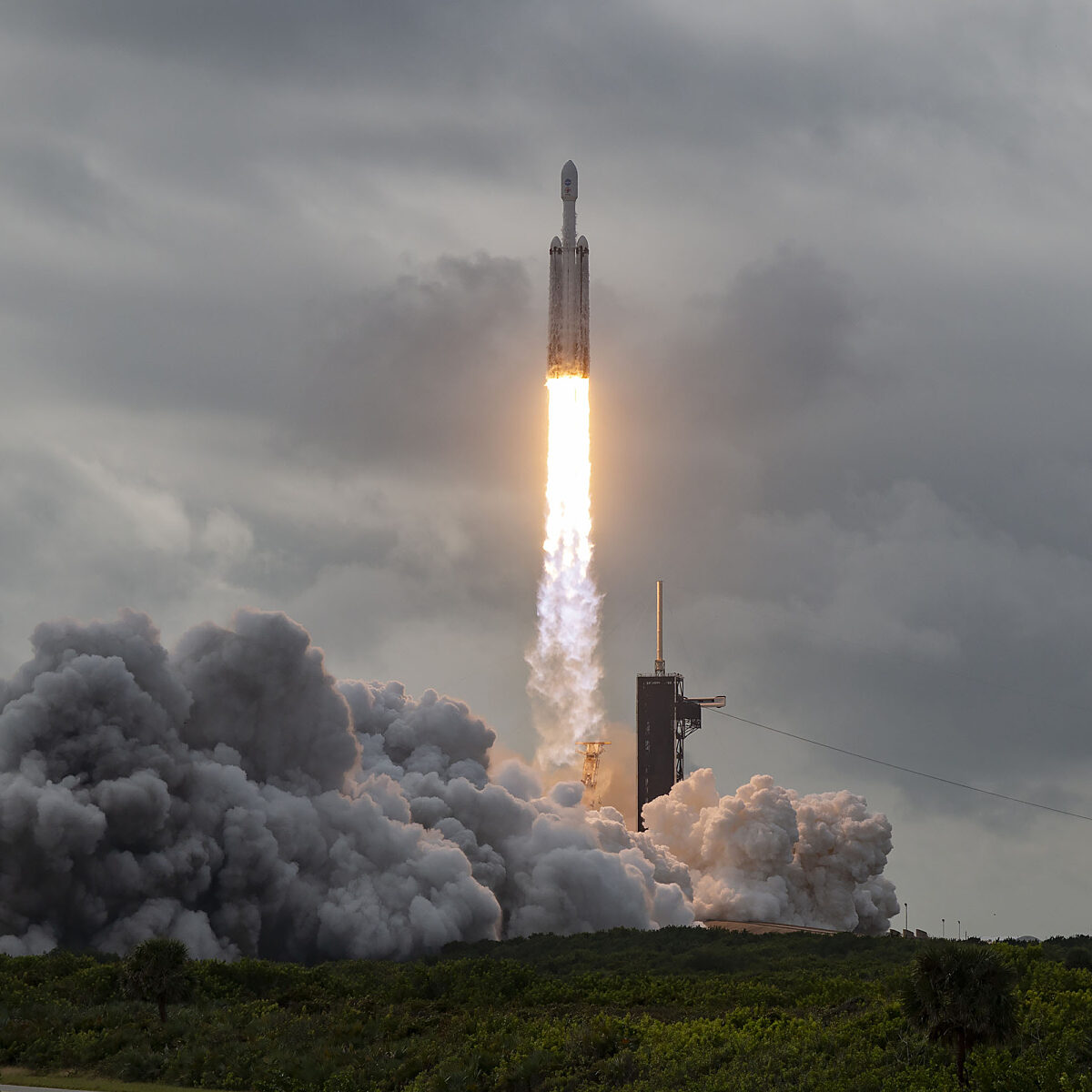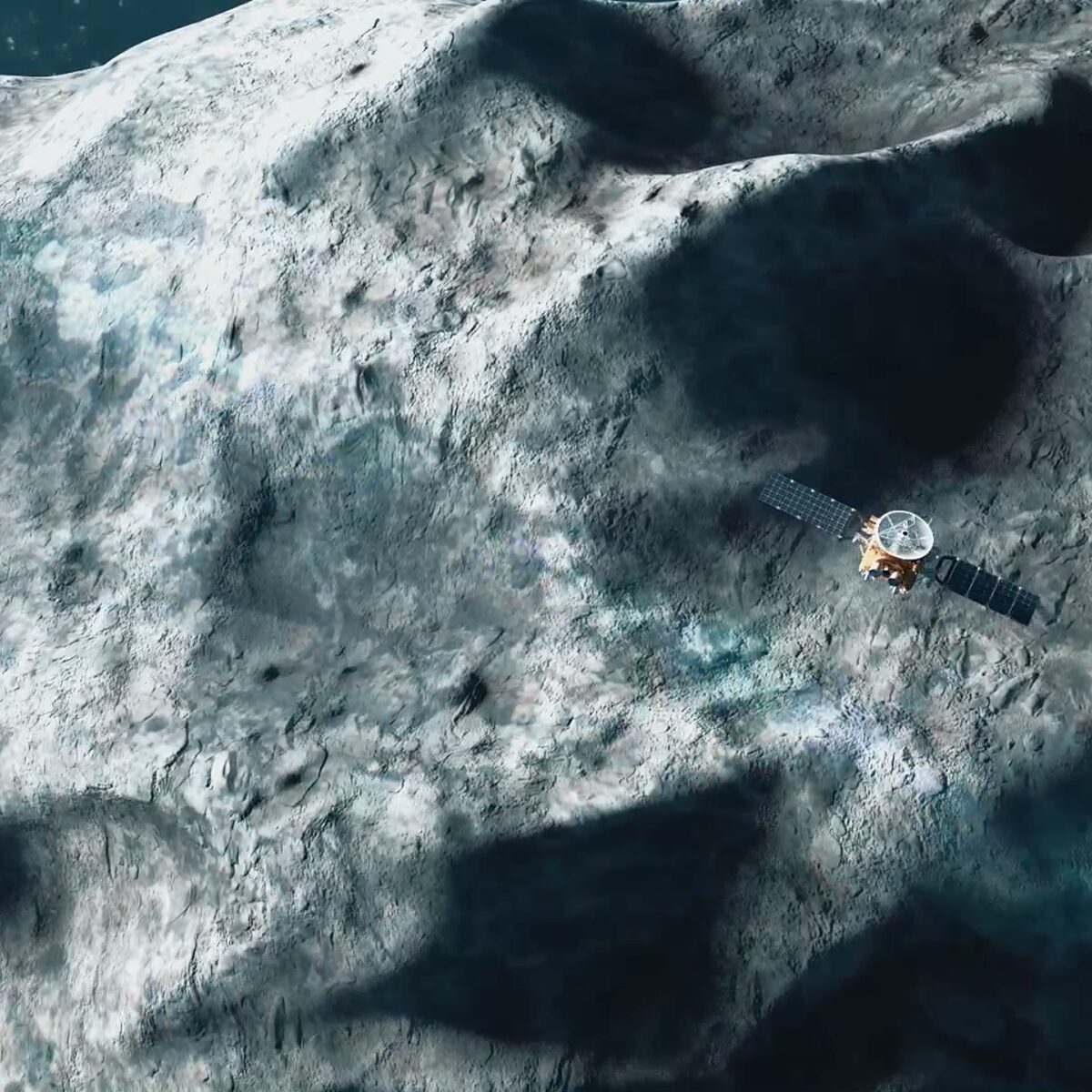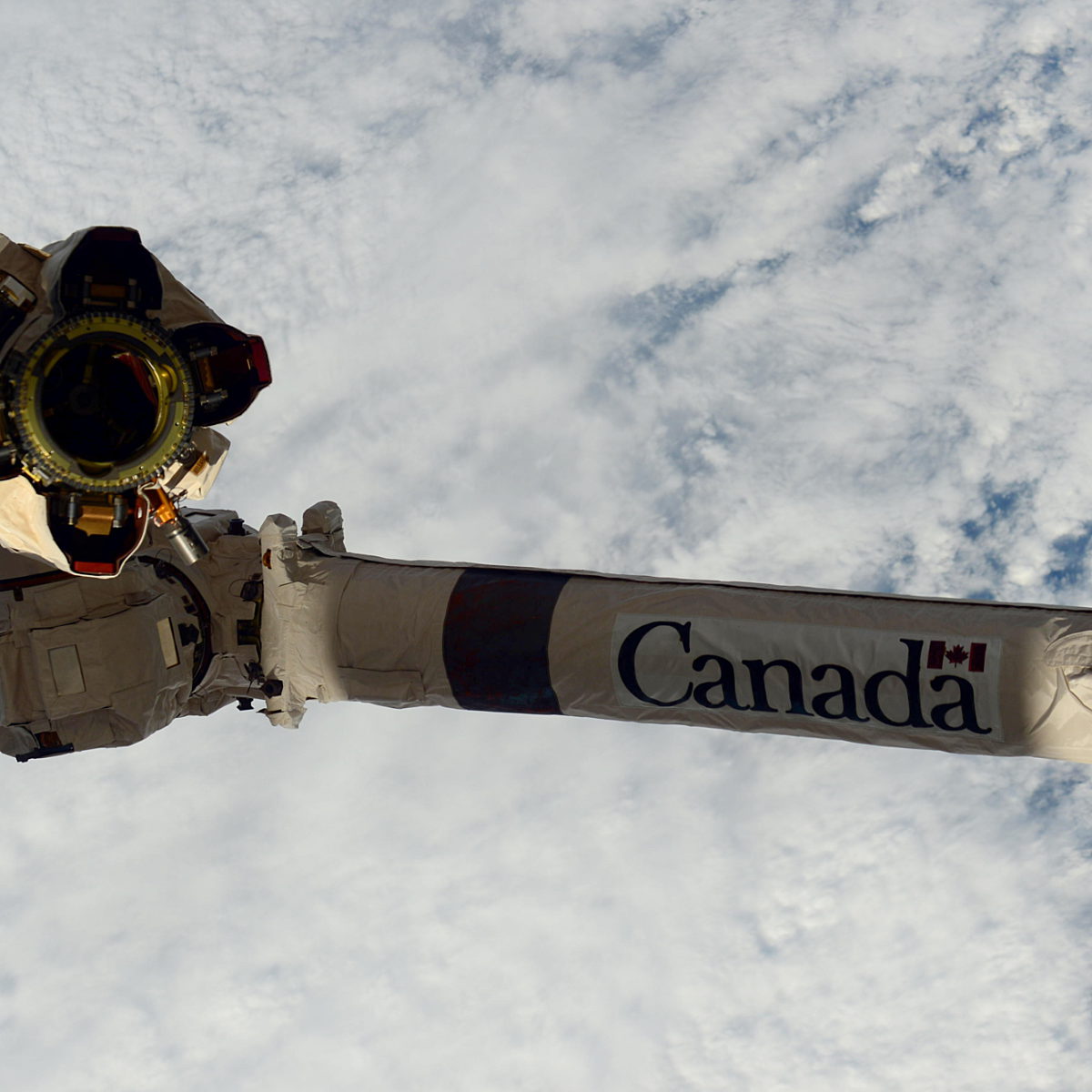Since 2002, Planetary Radio has visited with a scientist, engineer, project manager, advocate, or writer who provides a unique perspective on the quest for knowledge about our Solar System and beyond. The full show archive is available for free.
Search Planetary Radio
Hayley Arceneaux discusses her memoir Wild Ride and her newly released kids' book Astronaut Hayley's Brave Adventure, sharing the story of how her experiences with childhood cancer led to her space adventure aboard SpaceX's Inspiration4 mission.
Asteroid 2024 YR4 has captured global attention, but is it really a threat? Kate Howells breaks it down. Then, Casey Dreier and Jack Kiraly analyze how the new Trump administration is shaping NASA’s future.
Rocket Lab CEO Peter Beck outlines a $4B fixed-price plan for Mars Sample Return — and reveals new Venus mission details — before VP Richard French explains how a single, integrated team cuts costs and ensures success.
How did Pluto meet its largest moon, Charon? Adeene Denton, a research scientist at the University of Arizona, suggests a "kiss-and-capture" may solve this mystery.
We celebrate Ed Stone’s lasting legacy with the unveiling of the Dr. Edward Stone Exploration Trail at JPL.
We discuss how to examine the science behind our favorite TV shows and movies with the co-hosts of the Does It Fly? podcast, Hakeem Oluseyi and Tamara Krinsky.
Knicole Colón, the deputy project scientist for exoplanet science for JWST, joins Planetary Radio to discuss the detection of methane and carbon dioxide in the atmosphere of K2-18 b.
Emily Calandrelli, also known as “the Space Gal,” shares her experience becoming the hundredth woman in space after blasting off on a Blue Origin suborbital rocket.
Marcia Smith, founder of Space Policy Online, joins the show to discuss the motivations and risks of pursuing change at NASA - and how much change can ultimately happen with Congress holding the purse strings.
Planetary Radio kicks off The Planetary Society's 45th anniversary year with CEO, Bill Nye.
The Planetary Society team reviews the best space moments of 2024, from the China National Space Administration's return of samples from the far side of the Moon to the triumphant launch of NASA's Europa Clipper mission.
Lauren Mc Keown, a postdoctoral fellow at NASA's Jet Propulsion Laboratory, discusses her experiences recreating Martian araneiform terrain, also called Mars spiders, in the lab.
We revisit a classic book on the limits of presidential power in setting the nation’s space agenda and explore how the increasingly powerful executive branch might be rewriting those expectations.
We take you to Planetary Society headquarters, where Neil deGrasse Tyson, host of StarTalk, interviews Planetary Society CEO Bill Nye.
Sarah Al-Ahmed, the host of Planetary Radio, marks her one-hundredth episode with a look back at the defining moments of the past 100 weeks of space exploration.
Mohsen Al Awadhi and Hoor Al Hazmi, the director and science team lead for the Emirates Mission to the Asteroid Belt, join Planetary Radio for an update on the mission’s progress.
Casey Dreier, the chief of space policy at The Planetary Society, analyzes what the incoming Trump administration could mean for NASA’s funding, human spaceflight, and its Science Mission Directorate.
Morgan Cable and Hiro Ono from NASA's Jet Propulsion Laboratory join Planetary Radio to discuss the Exobiology Extant Life Surveyor (EELS) robot concept.
This week, we learn more about Spaceport Nova Scotia, Canada’s first commercial launch site, with Steve Matier and Sasha Jacob, the CEO and Chairman of Maritime Launch Services.
Norm Augustine, the distinguished aerospace industry veteran behind numerous influential studies, joins the show to discuss NASA at a Crossroads, the new report that raises alarm bells for NASA’s workforce, infrastructure, and technology capabilities.


 Explore Worlds
Explore Worlds Find Life
Find Life Defend Earth
Defend Earth


